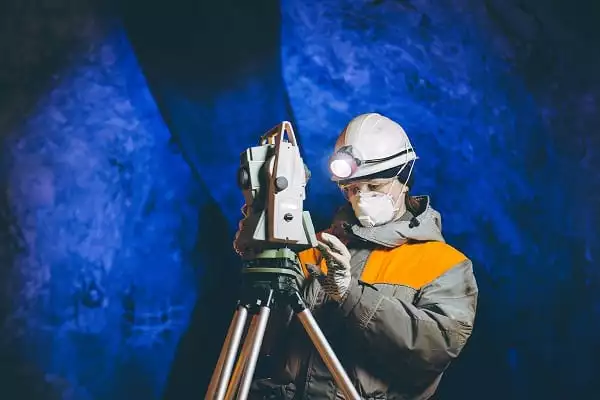By
Almost 50 years ago, in June 1972, attendees at the First National Conference on Minority Participation in Earth Sciences and Mineral Engineering [Gillette and Gillette, 1972] held one of the first formal discussions on the lack of diversity in the geosciences.
Unfortunately, despite the many conversations since then addressing diversity, equity, and inclusion (DEI), the geosciences still face many of the problems cited in that meeting. These problems include, for example, difficulty recruiting youth from marginalized groups into a field that is often hostile to them and scientists from underrepresented backgrounds routinely needing to go above and beyond their peers to prove their professional value and right to belong.
Clearly, drafting statements in support of diversity—as many institutions have done—is not enough to effect change in the geosciences. Individuals and institutions must engage deeply and with a long-term mindset to ensure sustainable efforts that translate to real, personal success for geoscientists from a diversity of backgrounds. In addition, the community must continue to create spaces for conversations that highlight and share best practices focused on improving DEI.
As members of AGU’s Voices for Science 2019 cohort, we learned several effective methods of science communication. For example, we learned that by sharing lessons learned and blueprints for action with broader audiences, we can more effectively use our voices and power to demand real, tangible goals to make the geosciences inclusive and accessible. From among the 2019 cohort, a small team of scientists from a variety of fields and career stages thus convened a town hall at AGU’s Fall Meeting 2019 to discuss improving DEI. At the town hall, titled “Power of Science Lies in Its Diverse Voices,” panelists highlighted their approaches and work to increase diversity in the geosciences for an audience of roughly 100 attendees.
To make the town hall an example of a diverse event, invited panelists represented a wide array of fields, nationalities, ethnicities, genders, and career paths and stages. Below, we highlight the advice and work of the panelists, Asmeret Asefaw Berhe, Sujata Emani, Heather Handley, Tamara Marcus, Bahareh Sorouri, and Robert Ulrich, to provide avenues for readers to promote diversity, incentivize DEI work, and enact change in their own fields, institutions, and lives.
Continue on to EOS: Science News by AGU to read the full article.



